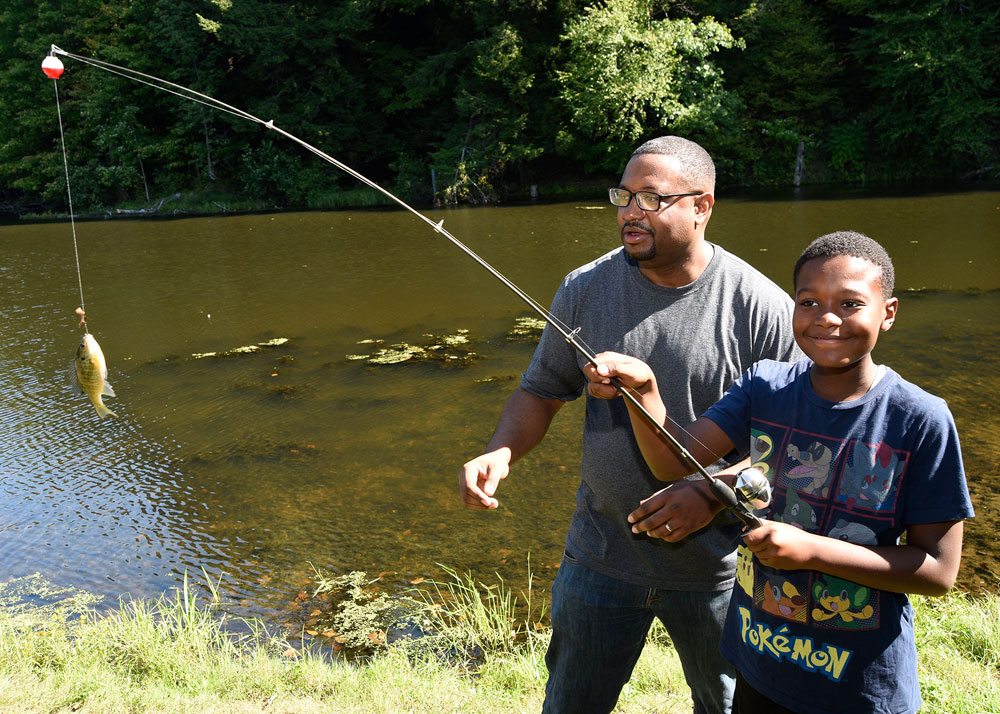
January 28, 2020; The Daily Yonder
In 2018, Americans went on one billion fewer outdoor outings than they did in 2008, and children in 2018 went on 15 percent fewer outings than in 2012. The Outdoor Industry Association (OIA) is working with states to buck this trend and grow the outdoor recreation economy.
Sixteen states have opened offices of outdoor recreation that aim to benefit rural economies; ensure conservation of public lands and waters; and provide the education, engagement, and connections to get more people to spend time outdoors.
The US outdoor recreation economy accounted for 2.2 percent of the U.S. GDP in 2017, ranging from 5.4 percent in Hawaii to 1.2 percent in Washington, DC.
In rural communities, where poverty rates tend to be higher than in metropolitan areas, outdoor recreation can create jobs and revitalize downtowns that serve as gateways to the natural world. In fact, rural counties with recreation-based economies have had faster growing incomes and more population growth than non-recreation counties since 2010. And an investment in outdoor recreation does not only serve out-of-state tourists; of Americans who report going outside, 63 percent say they go within 10 miles of their house.
Outdoor recreation has great benefits for those who participate as well.
Sign up for our free newsletters
Subscribe to NPQ's newsletters to have our top stories delivered directly to your inbox.
By signing up, you agree to our privacy policy and terms of use, and to receive messages from NPQ and our partners.
“Study after study shows that time outside can contribute to better physical health, better mental health, better community connection, and improved academic outcomes,” shared Lise Aangeenbrug, executive director of the Outdoor Industry Association’s foundation arm.
Despite the benefits, in 2018, about half of the US population did not participate in any outdoor recreation, a broad category that includes hunting, hiking, camping, fishing, canoeing, and more.
Angeenbrug feels that a major aspect is showing people how easy it is to enjoy the great outdoors.
“It’s just really getting people reintroduced to how easy it is to go for a run or hike just in your community, or even hop on your bike with your family,” she said. “It doesn’t have to be complicated and it doesn’t need to be far away.”
Meanwhile, getting people outdoors could motivate them to support conservation efforts and address the climate crisis with more urgency.—Julie Euber













